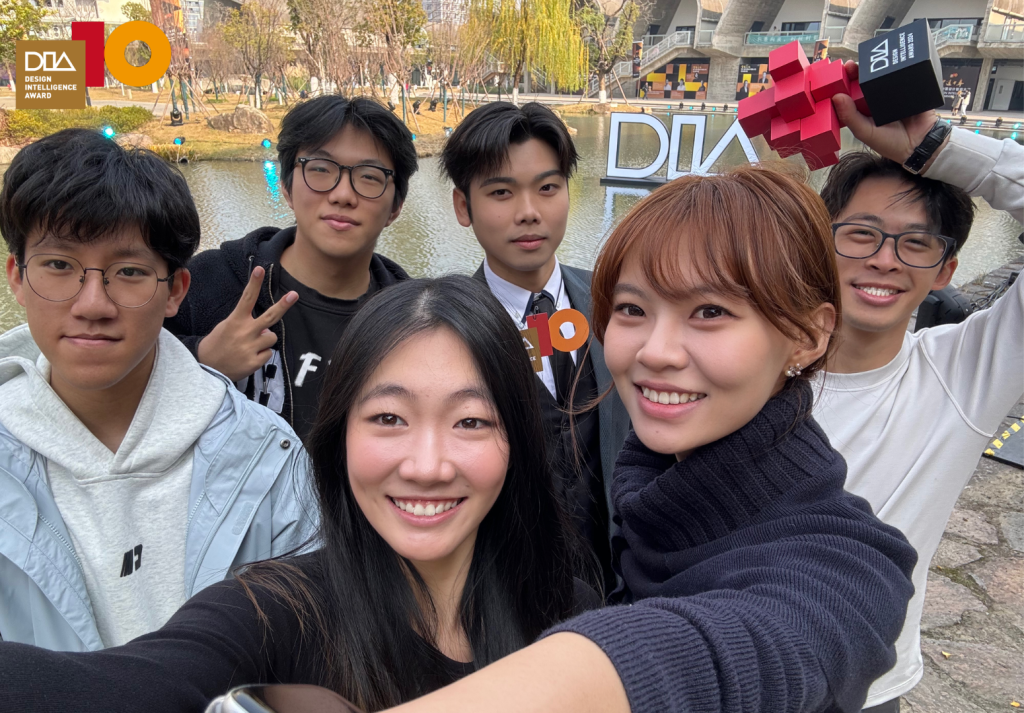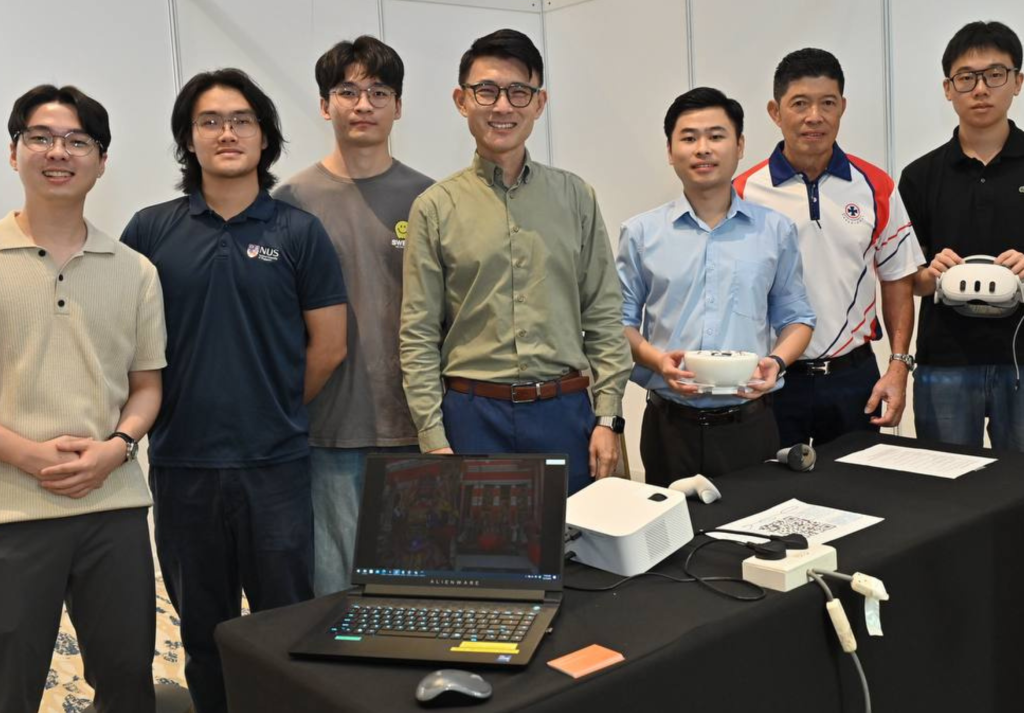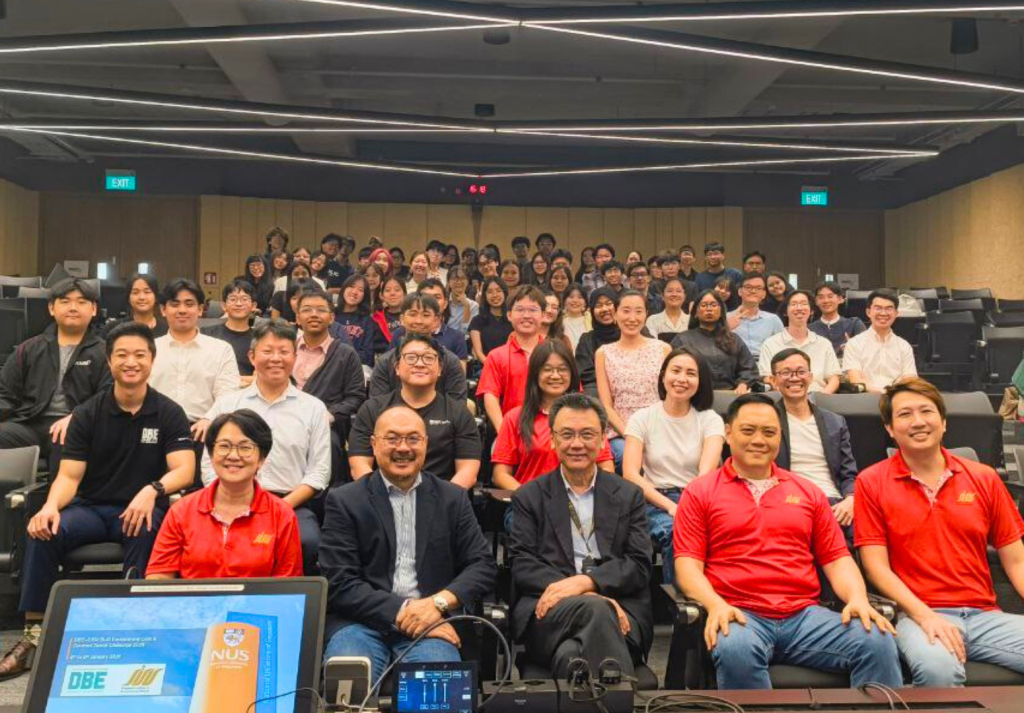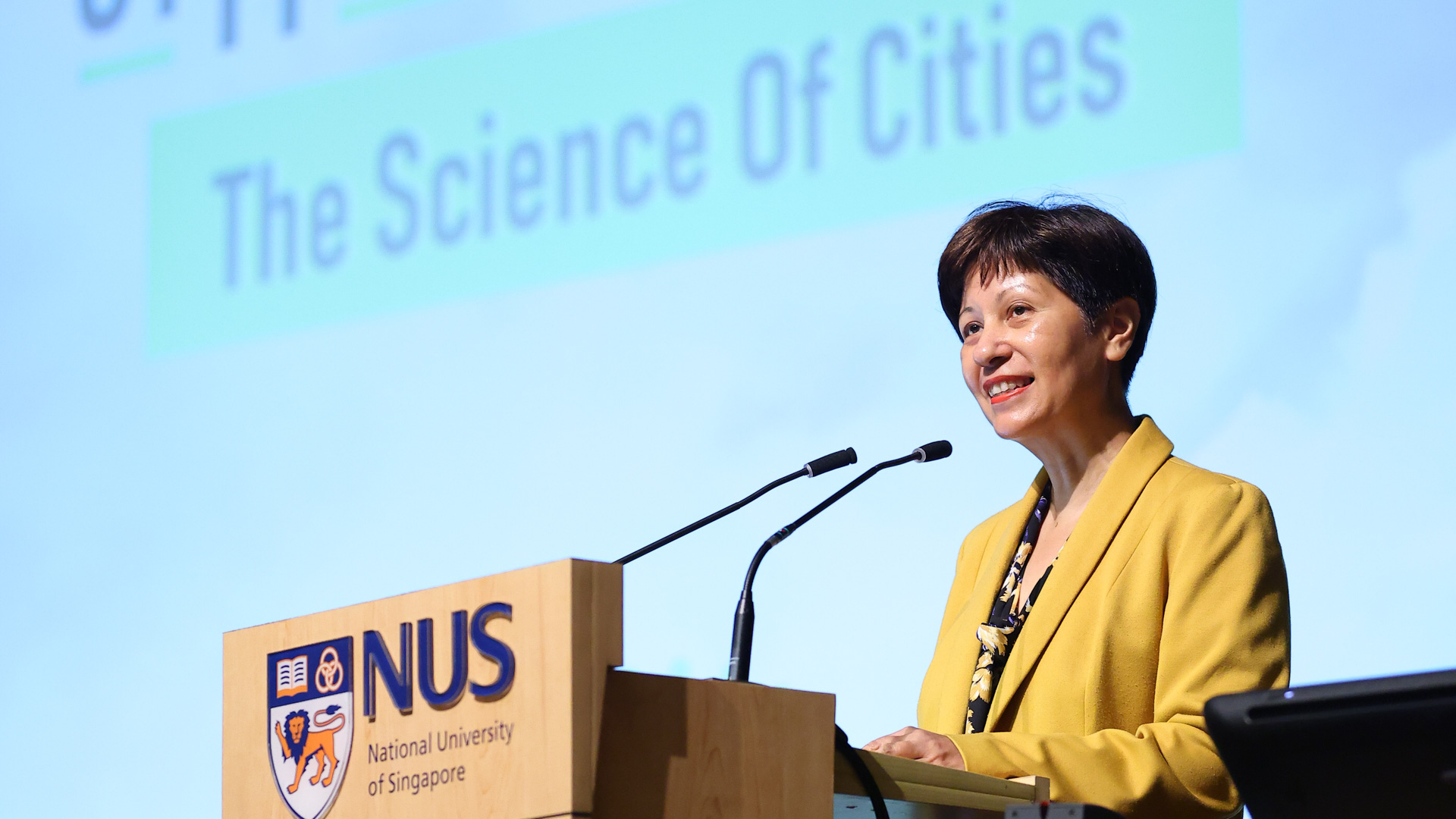
Will technology help or hinder sustainability? How can we design and create more inclusive communities? What role can universities play in changing social behaviour and driving the values of sustainability?
These and other questions were tackled on the opening day of “The Science of Cities” symposium, organised by NUS Cities, an interdisciplinary education and research centre hosted at CDE.
As the centre’s inaugural symposium, the event opening on August 31 brought together participants from academia, public agencies, NGOs, industry, and students to share knowledge and ideas on making the cities of the future more liveable, sustainable, and resilient.
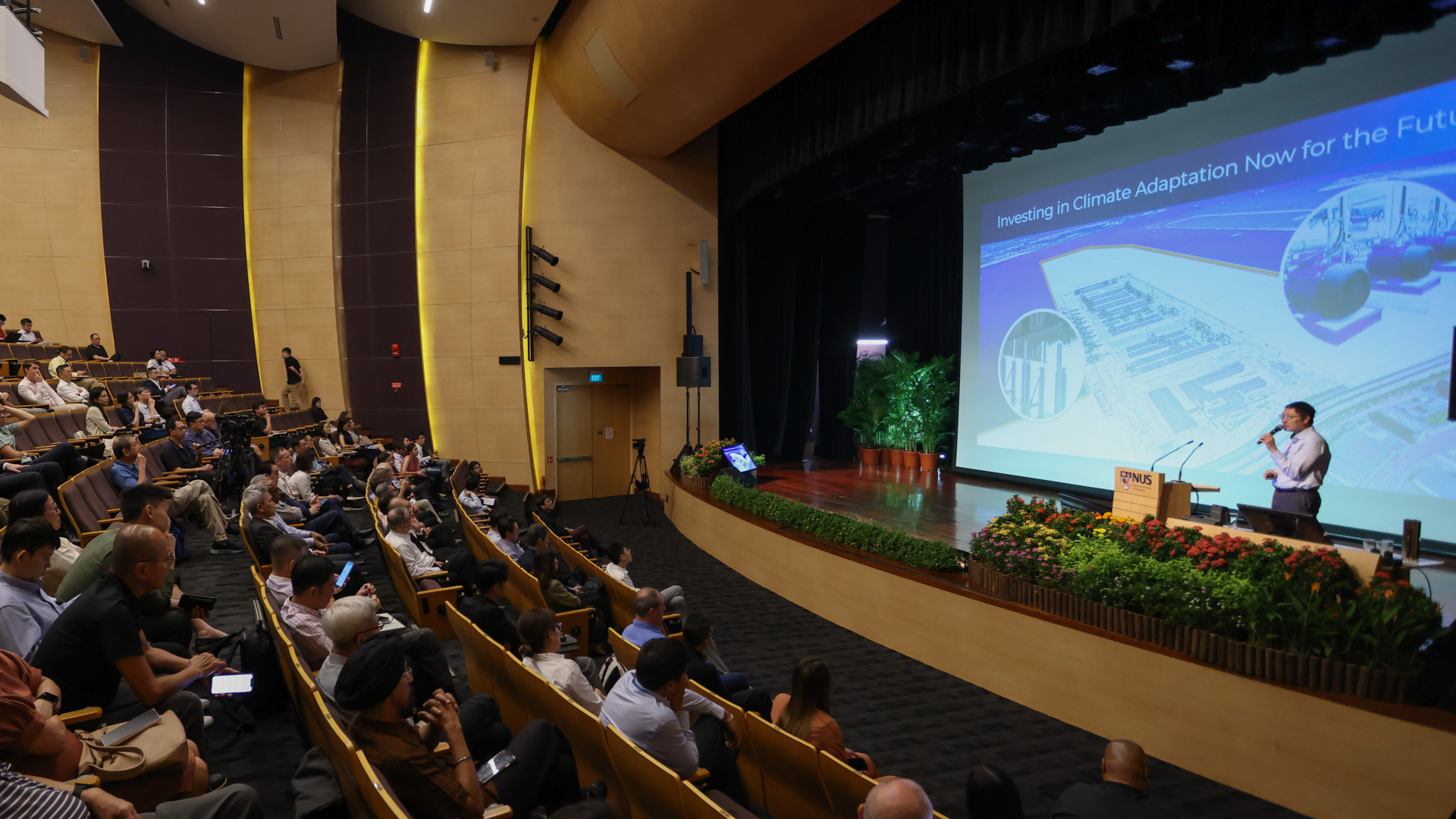
A key event in the month-long NUS Sustainability CONNECT festival, the symposium was formally opened by Guest of Honour, Second Minister for National Development, Ms Indranee Rajah.
“Cities are more than just physical infrastructure they represent thriving ecosystems with people at the centre. As cities are inhabited by people it's imperative that people must be involved in the planning,” she said.
“Events like this symposium,” the minister added, “provide a safe space for academics policymakers practitioners and civil society to critically discuss emerging and cross-cutting issues and engage in mutual learning.”
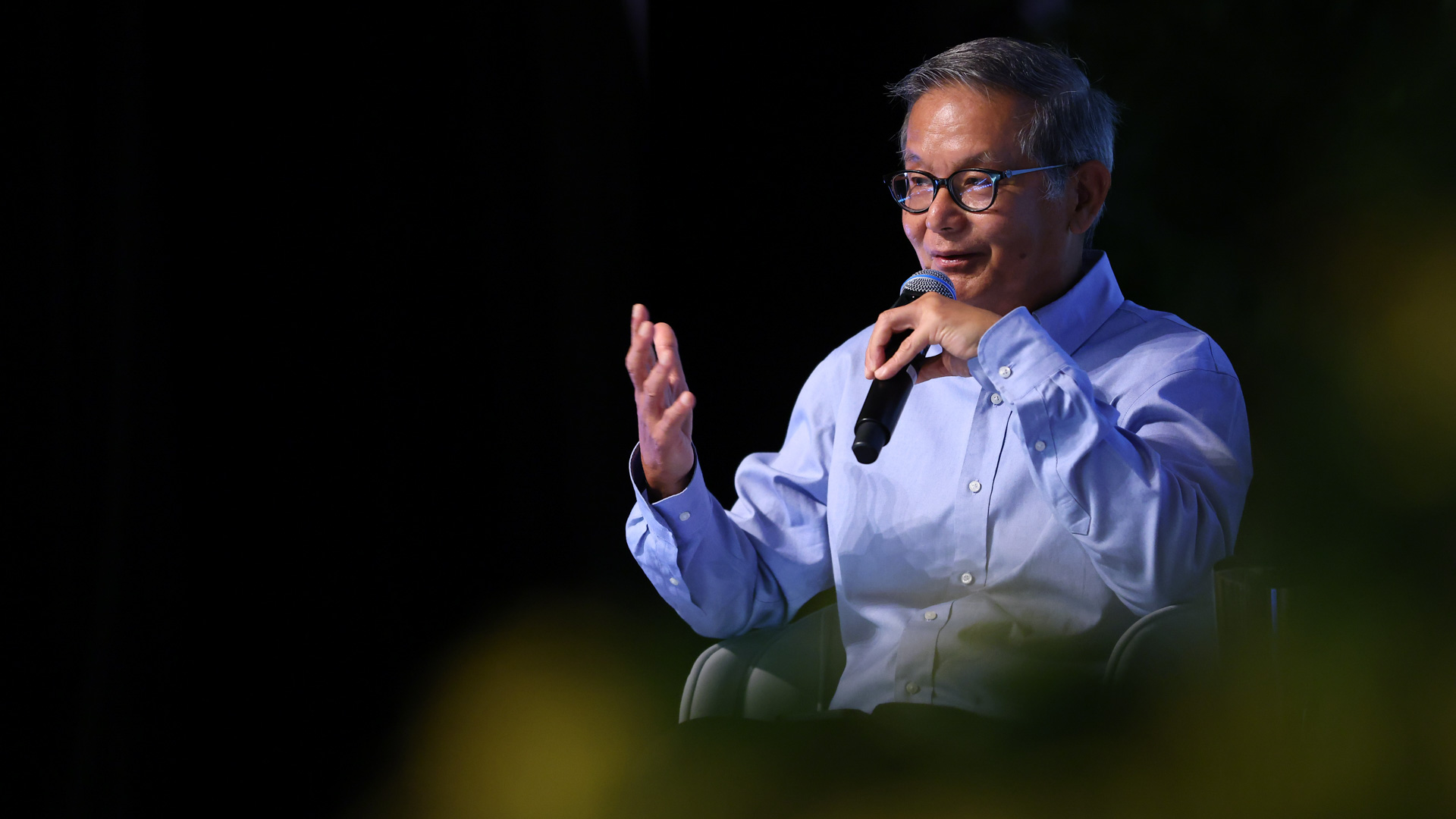
Earlier, in his own address to the symposium, NUS President Professor Tan Eng Chye noted that translating knowledge into practical solutions for the many challenges faced by the world’s cities requires collaboration between talents with diverse experience and expertise.
“Cities are inherently complex,” Prof Tan said. “They are made up of diverse individuals and communities interacting with one another, creating a dynamic and ever-evolving system.”
He added: “Developing solutions to address urban challenges is thus not a single-discipline endeavour. It must draw on, combine and build on the knowledge and approaches developed across academic disciplines as well as real-world settings.”
Following the opening speeches, the first keynote of the symposium heard from Mr Koh Yan Leng, Vice President Campus Infrastructure at NUS, who outlined ways that the science of sustainability was being applied across the university and the many initiatives NUS has introduced as part of its roadmap towards becoming a Net Zero campus.
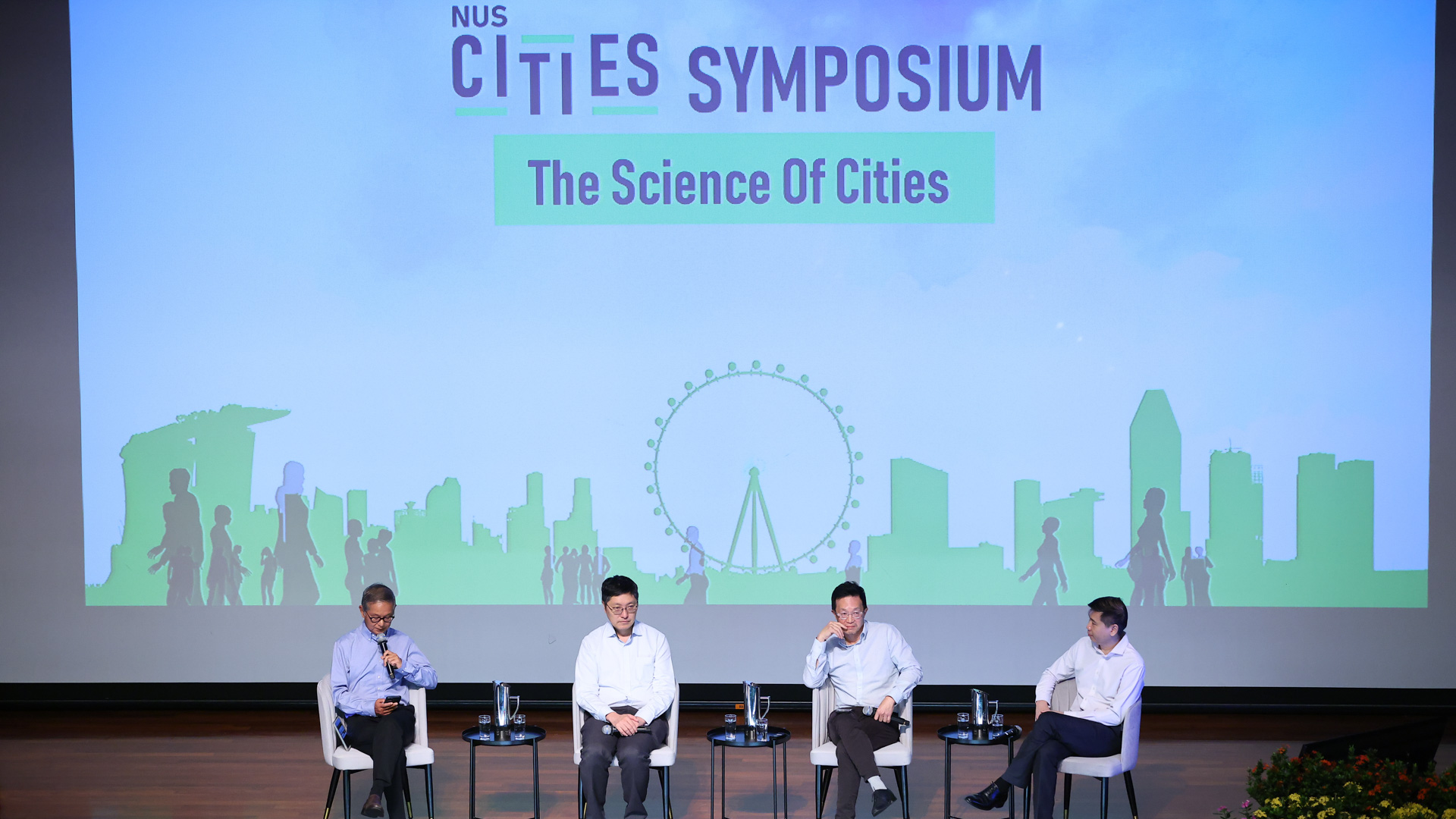
As well as pushing boundaries in sustainability research, he said, universities like NUS have a key role to play in driving wider behavioural change and encouraging the acceptance of the compromises and trade-offs that are needed.
“At the centre of everything is really us,” he said. “The human beings are the ones that are more important in this journey than the technology, than the research and everything else.”
The next keynote was presented by Mr Teo Eng Dih, Chief Executive of the Maritime and Port Authority of Singapore (MPA), who pointed to some of the initiatives Singapore has undertaken to tackle climate change holistically as a small maritime nation, plugged into global supply chains.
These include switching to solar energy to power many parts of the port and cruise terminal infrastructure, the growing use of autonomous and electric vehicles for a range of port operations, and the development of biofuels and other more sustainable energy sources.
With the maritime business a critical part of Singapore’s economy he said, MPA had been working with industrial energy systems experts in academia, with faculty conducting lessons for members on how to measure energy, measure carbon output, as well as explore contributing factors and steps to mitigate emissions.
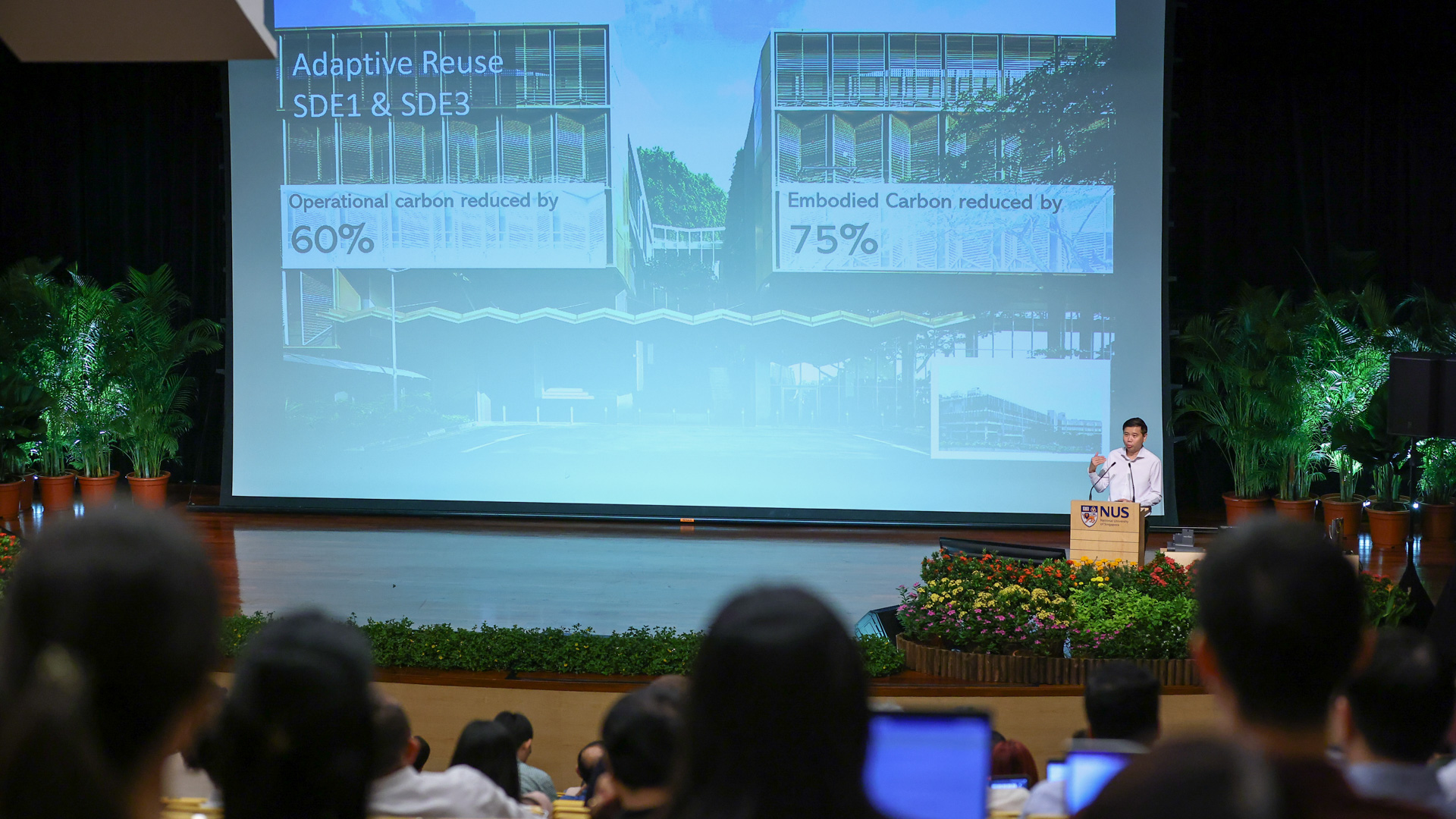
The symposium also featured a series of panel discussions, bringing together urban sustainability experts from academia and industry to address issues raised in the keynotes and some of the other challenges cities face.
Moderating the first panel, the Director of NUS Cities, Practice Prof Khoo Teng Chye, said one of the main aims of the symposium was to spotlight ways universities can be sustainability incubators. In other words, he said, “how our universities can incubate ideas, solutions, and, most importantly, talent”.
With this in mind, Prof Khoo said, NUS Cities aimed to make the symposium an annual gathering and a forum for experts from industry and academia to share ideas and insights.
The panel was followed by the third keynote address of the day with Mr Tan Meng Dui, CEO of the Housing and Development Board (HDB), exploring the ways Singapore creates and designs socially inclusive towns.
In addition to the hardware and software behind the design and planning of HDB towns and estates, Mr Tan also focused on what he called “the ‘heartware’, which is about programmes and efforts to promote a stronger sense of community in our HDB heartlands.”
Backed by funds from the HDB’s ‘Lively Places’ programme, he said these ground-up initiatives encourage residents to take ownership and shape their own neighbourhoods and communities.
Through such initiatives, he said, “residents are empowered to create spaces and activities to enliven public spaces in the heartland and bring communities together”.
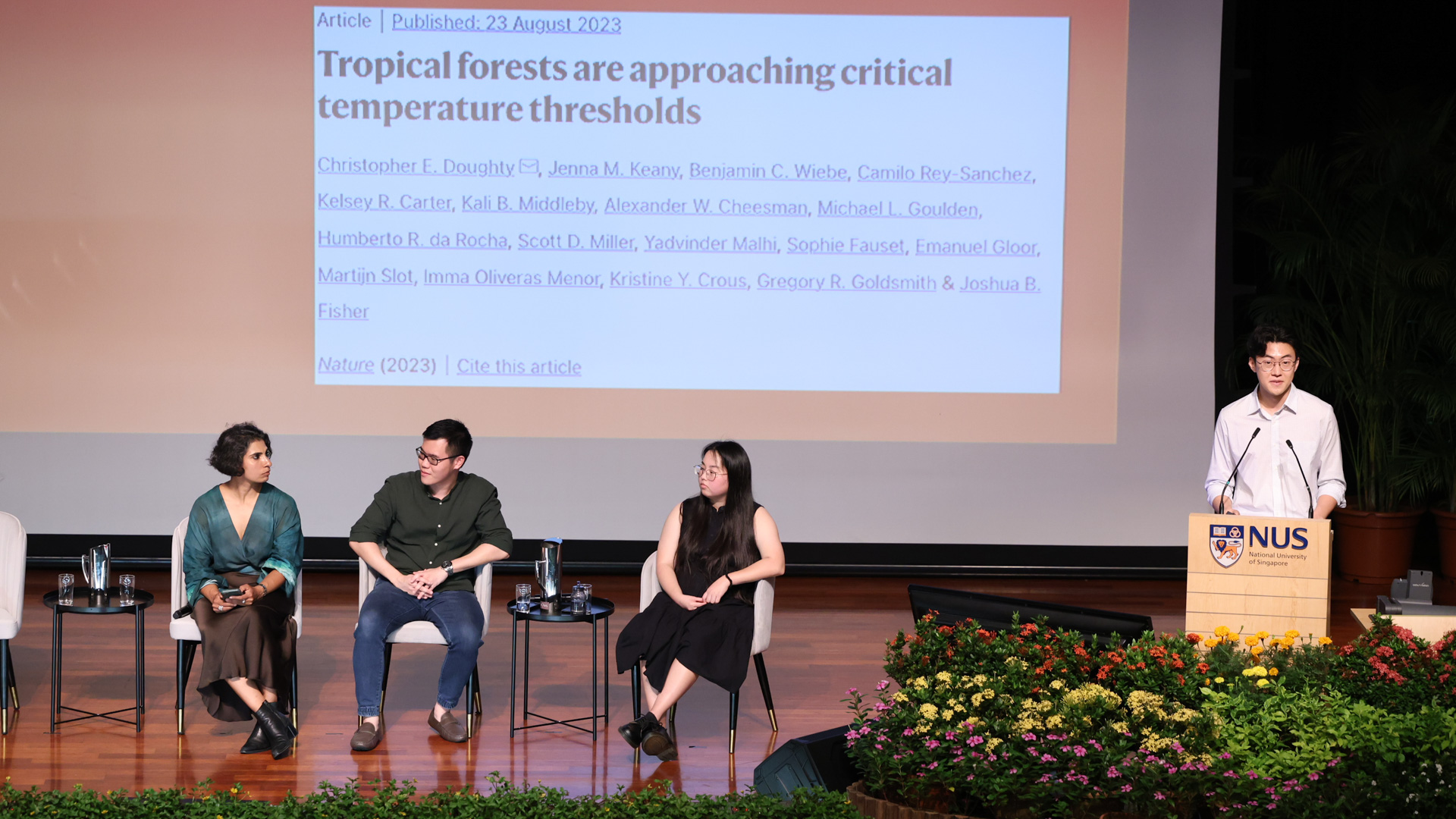
Later in the day, the symposium also saw lively discussions on conservation and decarbonisation, in particular the challenges of reconciling heritage conservation with development, especially in land-scarce situations such as that faced in Singapore.
Another session focused on building community resilience, discussing ways in which communities in cities such as Singapore can best be mobilised to address issues of urban liveability and drive sustainability efforts forward.
The symposium also heard from a panel of five undergraduate and postgraduate students who shared both optimistic and pessimistic views from the next generation on the prospects for achieving greater sustainability.
The day ended with a panel session discussing how urban planners are leveraging on emerging technology and tools such as AI, Big Data and satellite-based remote sensing to develop scientific methods and models that help tackle complex urban challenges.



